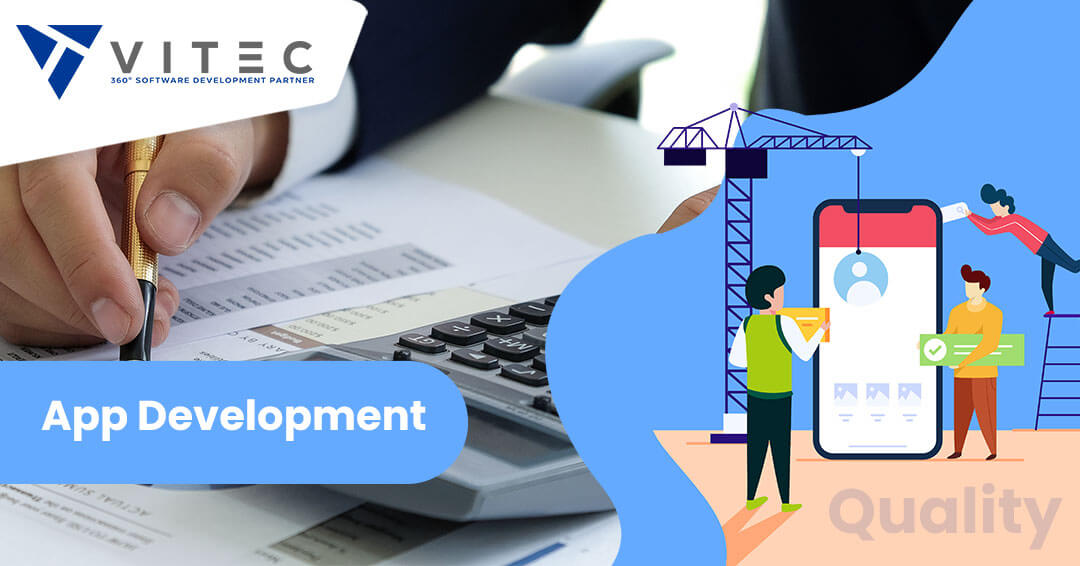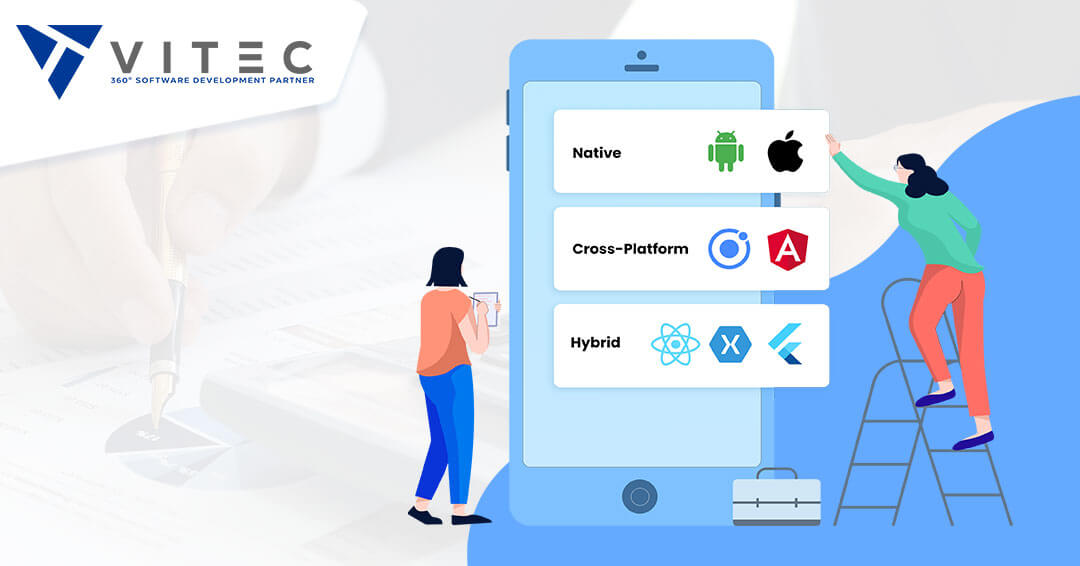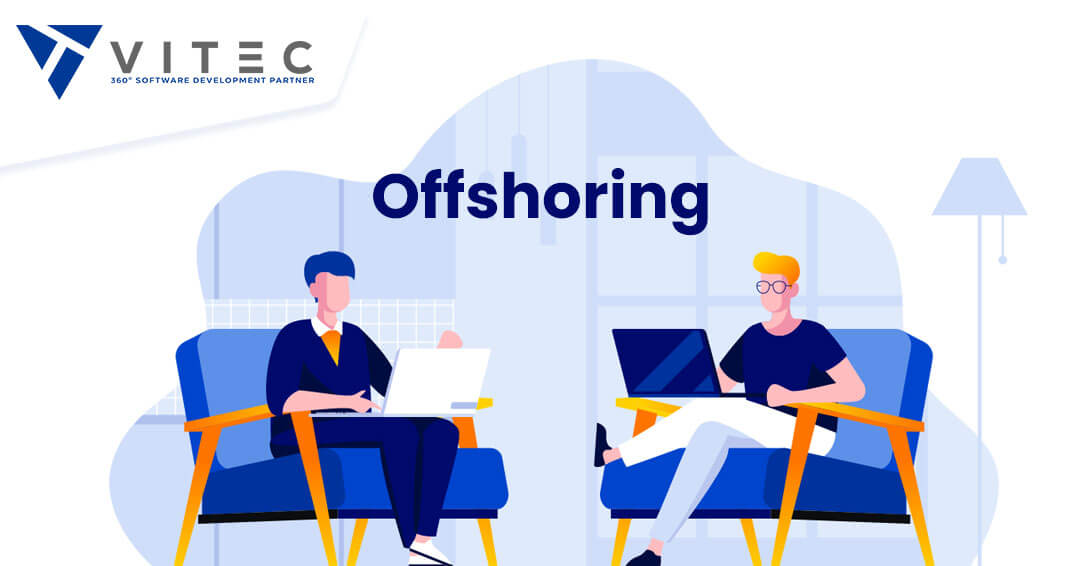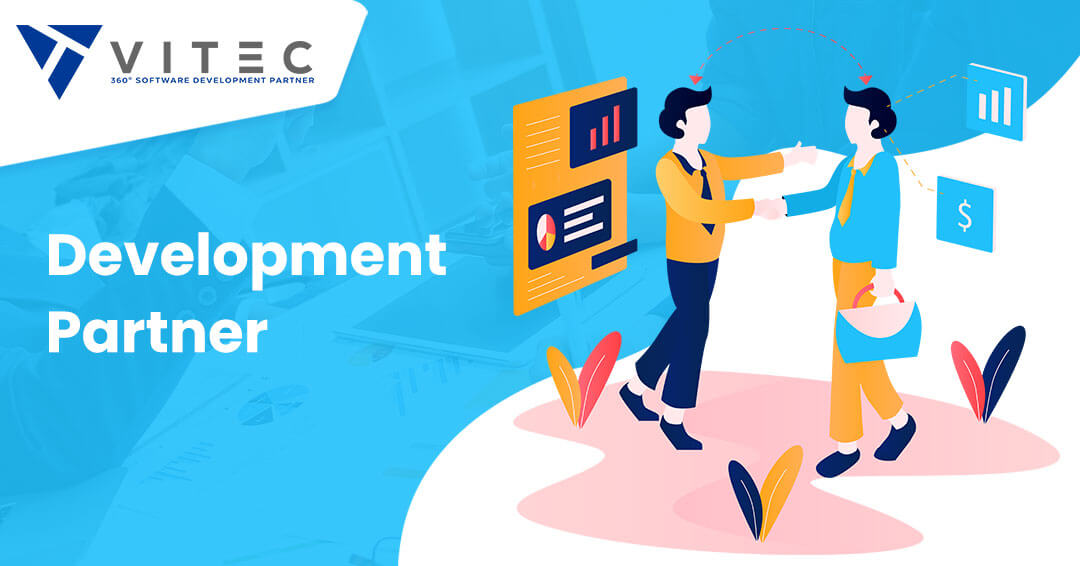6 Ways to Reduce App Development Costs Without Compromising Its Quality

By 2021, the number of app users will be an incredible 6.3 billion! And, the average smartphone user will be spending $1,008 on in-app purchases. Clearly, there’s a tremendous potential for businesses to unlock here.

By 2021, the number of app users will be an incredible 6.3 billion! And, the average smartphone user will be spending $1,008 on in-app purchases. Clearly, there’s a tremendous potential for businesses to unlock here.
Businesses of all sizes invest in app strategies that promise to fuel their growth by tapping into the burgeoning mobile market. However, a robust app strategy also requires a significant budget. The median cost of developing an app ranges from $37,913 to $171,450, depending upon the business objectives, the audiences, and app development strategy. On the far end of the spectrum, a single app can cost as much as $1,000,000 to develop. At the same time, the simplest of apps can be developed for as low as $1,000 if you compromise on almost everything in terms of development.
These are just the development costs and do not include maintenance and support costs, which can be much higher than this. If you need an idea of the ongoing app maintenance costs, then know this: over the first two years of an app’s launch and operation, app development costs account for only 35% of the total costs. The rest of the expenses are maintenance and support costs.
So, is there no way to reduce your app development costs without compromising its quality?
Well, there are. This guide will provide you with actionable tips on how to reduce your app’s development costs without affecting its performance, user-experience, and overall quality.

Choose The Right Platform
Your choice of app development technology and method has a profound impact on your app’s development costs. Native app development costs the highest, but it also offers the best digital experience to your users. Native apps can utilize all the hardware functionalities of your user’s smartphone and help you engage them in the most immersive app experience. But you’d be developing a native app for each mobile platform (iOS, Android, and others), which increases your total costs of development.
Cross-platform development is relatively more affordable and offers a close-to native user experience. If your app does not use too many hardware functionalities, this could be a good option. Despite the affordability of cross-platform apps, their design and UX will rival those of native apps under most conditions. Once developed, you can port the same app to different platforms with relative ease.
The most cost-effective method of app development is hybrid development. Hybrid apps are essentially created using web technologies and wrapped in a native container to make them run on almost all mobile platforms. So, the costs of app development are much lower. Besides, hybrid apps can be launched on all platforms quickly, thereby shortening your time-to-market.
We’ve discussed the advantages and disadvantages of various app development methodologies in greater detail in our article on native, cross-platform, and hybrid app development. Check it out to get a deeper understanding of them.

Offshoring
Offshoring is the most common approach businesses take to reduce the costs of their app development projects. There are several advantages of outsourcing your app development to a country where the labor costs are low. Firstly, you get access to highly skilled talent at competitive prices. Secondly, outsourcing agencies often have specialized teams in place. So, you can get them to create your app on the technology, development method, and functionalities of your choice.
However, not everything is great with outsourcing. There are some obvious challenges, like the following:
*Language barriers that translate into miscommunication
*An Outsourcing agency in another country will not have a strong understanding of your local users’ likes and dislikes
*Time zone differences can also hinder your communication with the outsourcing agency
*Their presence in a different legal jurisdiction can make things difficult, should you need to resort to legal recourse
To learn more about the pros and cons of outsourcing, check out our article on the factors to consider when hiring an app development agency.
Choose The Right Engagement Model
App developers offer a variety of engagement models to suit the unique needs of their clients.
The Time & Materials (T&M) model, for instance, gives businesses complete flexibility and control over their project. Although they can change the project requirements at any stage of the project, they’ll pay for the time and resources being spent on the project. So, the more time the development takes, the more money they’ll spend.
On the other hand, the Fixed Price model is usually ideal for SMEs. As the name indicates, in the Fixed Price model, the app development agency proposes a fixed price for the project based on a detailed set of specifications for the app you need. The project’s specifications cannot be changed at any stage, but it gives you complete financial stability. You know exactly what the app will cost and will pay only for that. However, detailed planning is critical for the success of such projects.
Start Your Journey With MVP
A minimum viable product or MVP is the bare-bones version of your original app idea. It features only the most basic features, functionalities, and options needed to ‘market test’ your app. The MVP version can be built faster, and at a significantly lower budget than a full-fledged app. So, you can get your app to the market quickly and observe the feedback it receives from your target audience.
Of course, it’s critical that you promote the MVP among your core audiences. As your app gathers momentum and begins delivering substantial ROI, you can proceed to the next stage – building the fully-featured app.
Focus On Essential Features
If you think that a high-functional, low-aesthetic MVP would be too risky an adventure for your brand image, then you can trim down your app to its basics. Identify the fancy features that add little “utilitarian” value to your app users. Sure, cool animation and fancy pop-ups make your app experience exciting for your users, but that drives up your development costs too.
Any aesthetic element without a functional benefit is an extra expense your app can do without. So, drop them.

Offshoring With An Onshore Development Partner
Wouldn’t it be great if you could get all the benefits of offshoring your project with none of the drawbacks that come with it?
Well, you can do it by enlisting the help of a local app development partner!
At Vitec GmbH, we work closely with offshore development teams in countries, such as Ukraine, India, Philippines, Taiwan, Argentina, and other top offshoring destinations across the world, to oversee, manage, and drive the success of our clients’ app development projects. Here are some of the advantages we offer as part of such an arrangement:
Superior Oversight
We formulate every aspect of the app development strategy for our clients. We translate their business goals into precise technical specifications for the app, so that there’s no miscommunication to the development team on project requirements. Further, we oversee the execution of the development project at every step to ensure that it’s on track as per our client’s needs.
Quality Control
As an onshore German software company, Vitec GmbH imposes high-quality control standards on all its projects. We communicate our German quality standards effectively to offshore development partners, so that they produce exceptional-quality work. After all, we want nothing but the best for our clients.
Best Value For Money
As software consultants, we provide our clients with an app strategy that gives them the best bang for the buck. We will recommend them everything from the app development methodology to the technologies that will help them realize their business goals – be it cost minimization, customer satisfaction, or something else. This way, our clients don’t spend more than what they should on their app.
As offshore developing companies often tend to have little knowledge of the German app market, UX evolution, and consumer preferences, we formalize them into technical specifications for the offshore development team. Therefore, even when the app is developed in another country, it will be tailored to a quintessential European audience.
Complete Project Management
We oversee every aspect of the app development project for our clients, including UX design, prototyping, app design, testing, and deployment. For some of our clients, we even offer extended technical support and maintenance solutions to suit their business requirements.
With Vitec GmbH managing the project, you get the peace of mind to focus your attention on other mission-critical aspects of your business. At the same time, we ensure that your app is built, operated, and maintained without any disruptions.
Conclusion
As an established German software development agency, Vitec GmbH has years of expertise in developing iOS and Android apps of varying degrees of complexity. We take the time to understand our clients’ business needs, and then draw from our vast experience to offer them tailored advice and app development strategies that help them grow.
A 7-year long track record of outstanding support and customer service stands testimony to our customer-centric operations.
To learn more about how we can help you create an app that realizes your business objectives within your budget, get in touch.



Aleksandar
Aleksandar is a passionate digital marketeer with 6+ years experience in various industries. He finds the data & numbers are the way to market things, but also that words are the bridge between just a numbers and brand value, purpose and strategy brought to a user. Using the 5 'W' methodology in creating the content, he is adding 'a plus to a minus', creating simple, but informative blogs & case studies about latest trends in tech & digital indsutry.